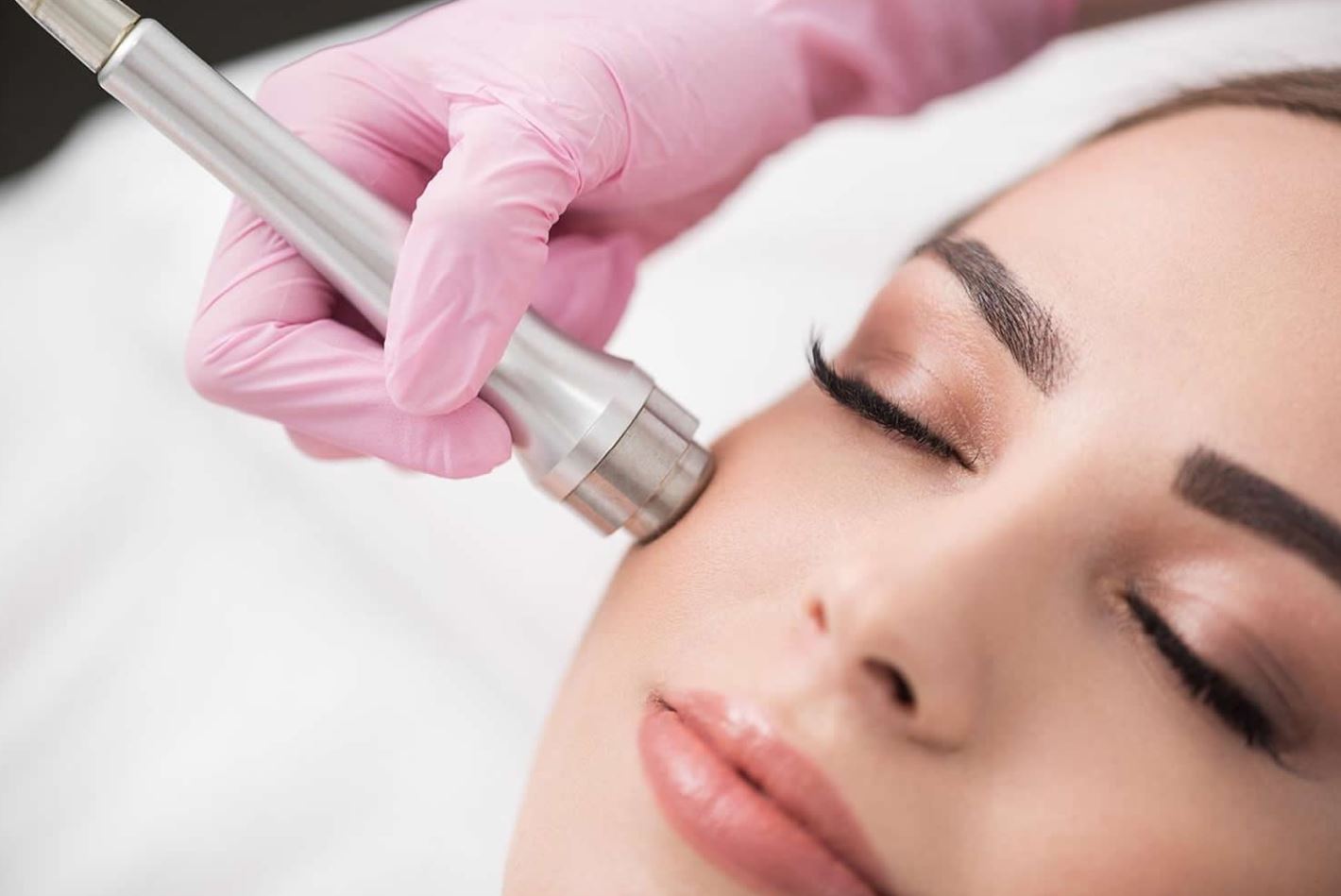by HOORIK SZILAGYI | March 1, 2023
Microdermabrasion Facial Procedure
Microdermabrasion is a non-invasive cosmetic procedure that involves the exfoliation and resurfacing of the outermost layer of the skin, known as the stratum corneum. This treatment aims to improve the overall texture and appearance of the skin by removing dead skin cells, stimulating collagen production, and promoting skin renewal.
The procedure typically involves a handheld device that uses either tiny crystals or a diamond-tipped abrasive surface to gently sand or buff away the outer layer of the skin. The device simultaneously suctions away the exfoliated skin cells and debris, promoting a smoother and more even skin surface.
Here are some key aspects of microdermabrasion:
Exfoliation:
The mechanical exfoliation process helps remove dead skin cells, unclog pores, and improve the skin's ability to absorb skincare products.
Stimulation of Collagen Production:
The mechanical abrasion and removal of the outer skin layer stimulate the production of collagen, a protein that contributes to skin elasticity and firmness.

Improvement of Skin Texture:
Microdermabrasion can help reduce the appearance of fine lines, wrinkles, sun damage, and minor skin imperfections, leading to a smoother and more youthful complexion.
Minimization of Pore Size:
By unclogging pores and removing excess oil and debris, microdermabrasion may contribute to the reduction of enlarged pores.
Enhancement of Skincare Product Absorption:
With the outer layer of dead skin cells removed, skincare products can penetrate the skin more effectively, maximizing their benefits.
It's essential to note that microdermabrasion is generally considered a mild or superficial treatment and is suitable for various skin types. However, multiple sessions may be needed to achieve the desired results. It is often used to address concerns like dull skin, mild acne scars, uneven skin tone, and superficial hyperpigmentation.
While microdermabrasion is generally safe, it may not be suitable for individuals with certain skin conditions, such as active acne, eczema, or rosacea. As with any cosmetic procedure, it's recommended to consult with a dermatologist or skincare professional to determine whether microdermabrasion is appropriate for your skin and to discuss any potential risks or side effects.

